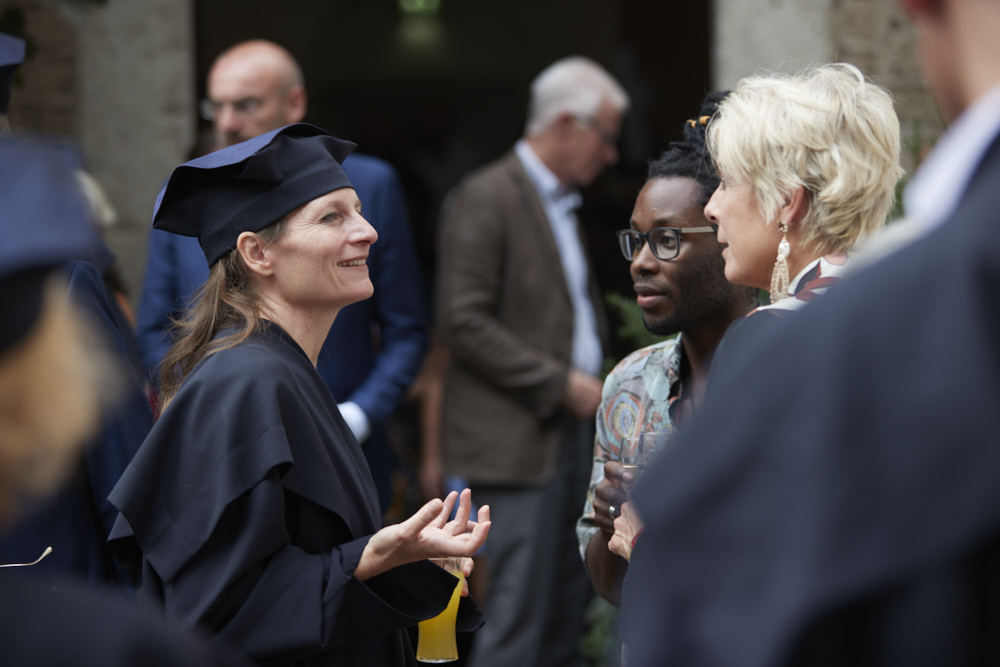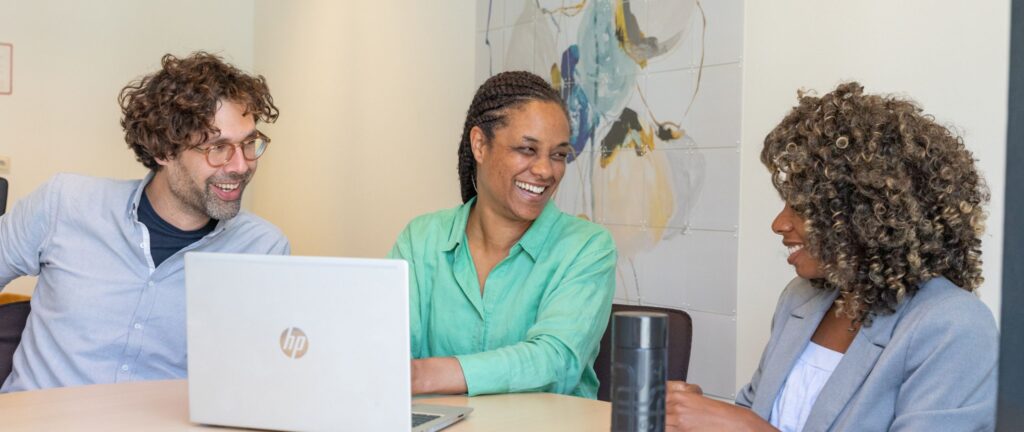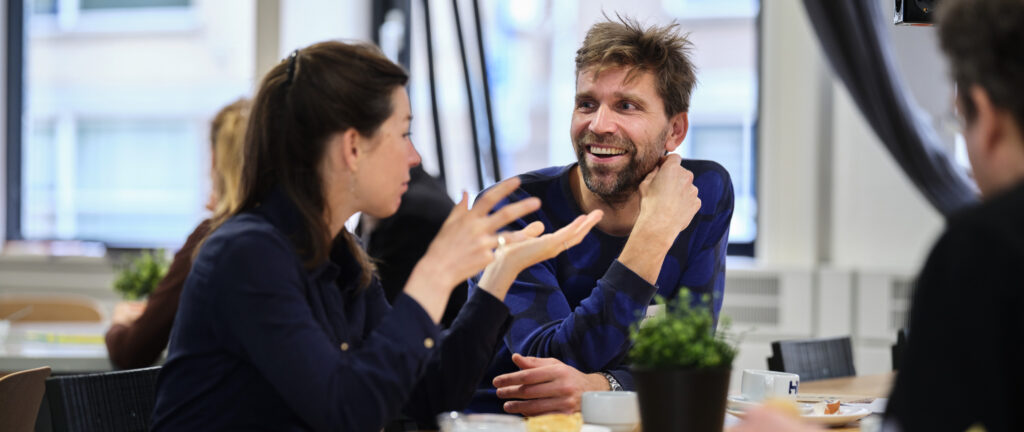‘Rituals highlight the power of doing things together’

Assistant Professor Joanna Wojtkowiak explains about the connecting power of rituals.
“In my research, I look at how new rituals arise in our society and how rituals change over time. Sometimes this takes a very long time, even centuries, and sometimes it happens quickly and new rituals are created. I am curious about the process: how does this renewal take place? I am researching the ‘black box’ of ritual redesign. Not much is known about this yet. Rituals are often emotional and intuitive, which makes it difficult to investigate exactly how they work. I find that challenging and it makes me curious to continue the research.
Rituals are timeless and universal, yet at the same time they are culture-specific. Rituals are deeply rooted in our history and culture, and therefore also in our bodies. They reveal where philosophical groups intersect and where they fail to understand each other. We can agree on common values such as love or respect. But how these are put into practice – that is what rituals are about, and then it becomes very concrete and sometimes complicated. Rituals also express what people collectively find meaningful: how do we interact with each other in daily life? How are our dead buried? How do we celebrate important moments, and which ones are they?
There are characteristics that all rituals share: they are something that people do with their bodies and that deviates from everyday life; they prescribe certain actions that must be performed in a certain way. New rituals often arise during protests, such as the occupation of the A12 motorway. That too is ritual behaviour. Various types of commemorations are also rituals, such as the unveiling of the new slavery monument in The Hague. During the coronavirus pandemic, new rituals arose quite spontaneously. Incidentally, a ritual can be a one-off; it does not necessarily have to be repeated.
My research is always interdisciplinary. Different perspectives are needed when researching such a complex phenomenon. Rituals can be studied from the perspective of religious studies, philosophy or psychology. An anthropological perspective and research methods are also very suitable for mapping rituals, in order to understand their physical and bodily dimensions. I try to bring together insights from these disciplines to gain a better understanding of rituals in our pluralistic society.
The role of rituals in today’s world intrigues me. In today’s society and culture, there is little that still connects people in a lasting way. People do not want to make long-term commitments and tend to focus on themselves, a mentality that is incompatible with traditional rituals, because those are not about the “I”. At the same time, people need connection and togetherness, but no longer know how to achieve this. Rituals, large and small, can fill that void. The rituals we develop with students bring together beautiful moments of connection. A good example of this is the ritual that students developed about decolonisation at the university. They started from the colonial history of the university building. When you consciously experience the space, you literally connect with the past and history of a building. Rituals highlight the power of doing something together.”


